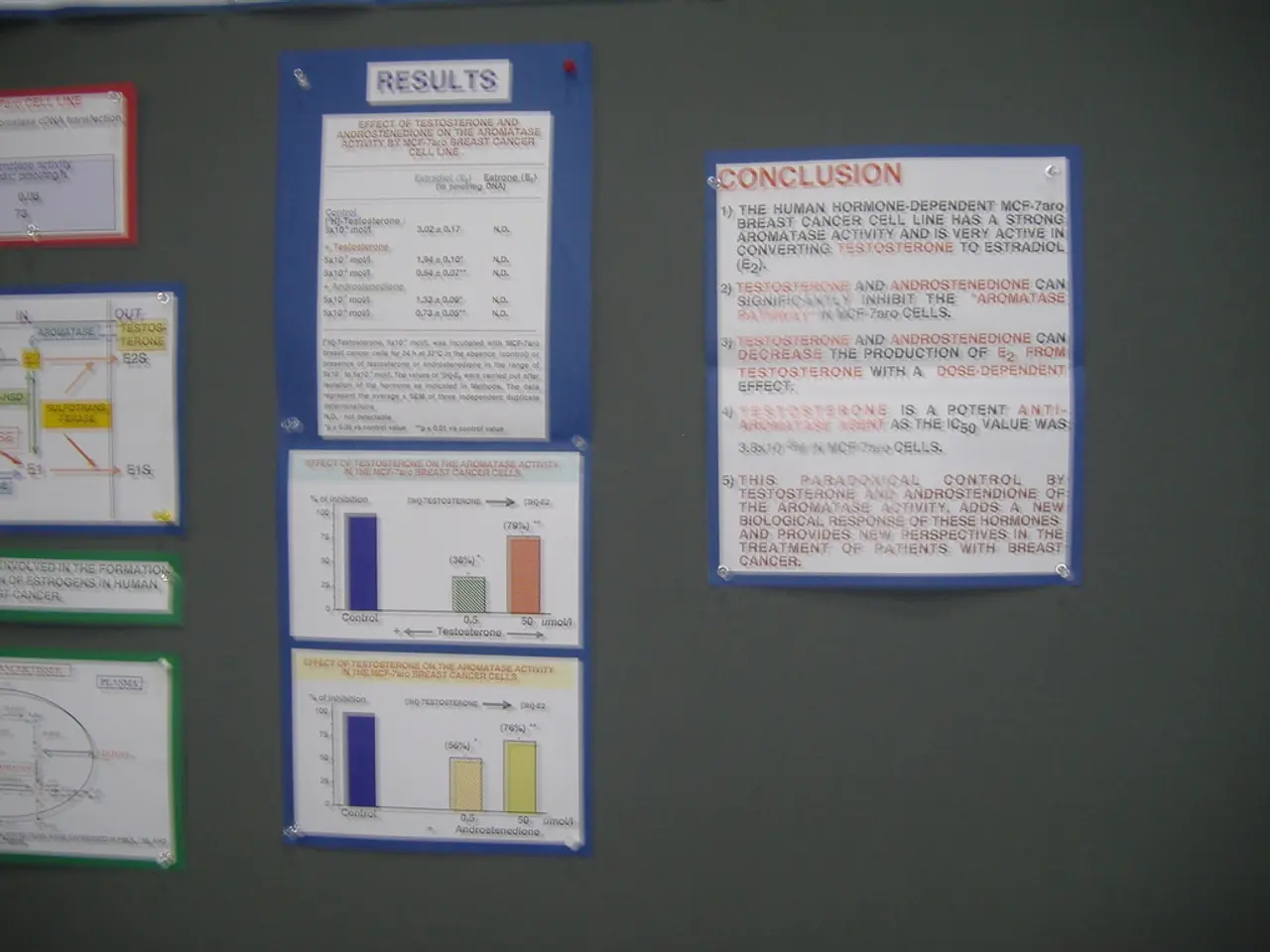Professional Consciousness: Infusing Attention and Purpose into Your Career Journey
In the fast-paced world of work, it's easy to get caught up in the whirlwind of multitasking and constant distractions. However, a growing movement is encouraging professionals to adopt mindful work – the practice of bringing mindfulness-awareness, presence, and non-judgment into your professional life.
Mindful work doesn't mean working slower or being less productive; instead, it's about working smarter, with greater focus and clarity, to achieve better results while maintaining well-being. By focusing on one task at a time, giving it your full attention, and breaking larger tasks into smaller, manageable steps, you can stay focused and motivated.
The benefits of mindful work are numerous. Sharper focus, less stress and more calm, a boost in creativity, better relationships, and greater fulfillment are just a few of the advantages. If your workplace is too noisy or distracting for mindfulness, find a quiet space, use noise-canceling headphones, or listen to calming music to create a more focused environment.
To incorporate mindfulness into a busy work routine, consider adopting short, practical mindfulness practices such as micro-mindfulness breaks, breathing exercises, sensory scans, and mindful movement. These can be done in a minute or two, multiple times a day, without disrupting work flow.
Some key approaches include micro-breathing exercises, two-minute resets, sensory grounding exercises, mindful movement, and body scans between tasks. These tools are supported by workplace wellness strategies emphasizing "micro-doses" of mindfulness to fit modern chaotic work environments, helping to prevent stress-related cognitive decline and promote deep work periods free from distractions.
Mindfulness can also improve relationships with colleagues by fostering empathy, active listening, and collaboration, leading to stronger and more positive workplace relationships. Practicing mindful work includes creating clear boundaries between work and personal life, such as turning off notifications after hours or taking regular breaks to recharge.
Ending your day mindfully in mindful work means reflecting on your accomplishments and challenges at the end of the workday, practicing gratitude by noting three things you're thankful for about your work. To stay mindful during meetings, practice active listening by giving your full attention to the speaker, take notes to stay engaged, and pause before responding to ensure your contributions are thoughtful and intentional.
In conclusion, mindful work is a practical approach to reducing stress and boosting productivity. By adopting simple, flexible mindfulness practices and integrating them into your work routine, you can reap the numerous benefits of a more focused, calm, and fulfilling professional life.
Mindfulness practices, such as micro-breathing exercises and sensory grounding, can help professionals work smarter and achieve better results in their educational-and-self-development journey, fostering personal-growth and maintaining well-being. By incorporating mindfulness into a hectic workday and focusing on one task at a time, individuals can enhance their mindfulness and foster stronger, more positive relationships with colleagues.




